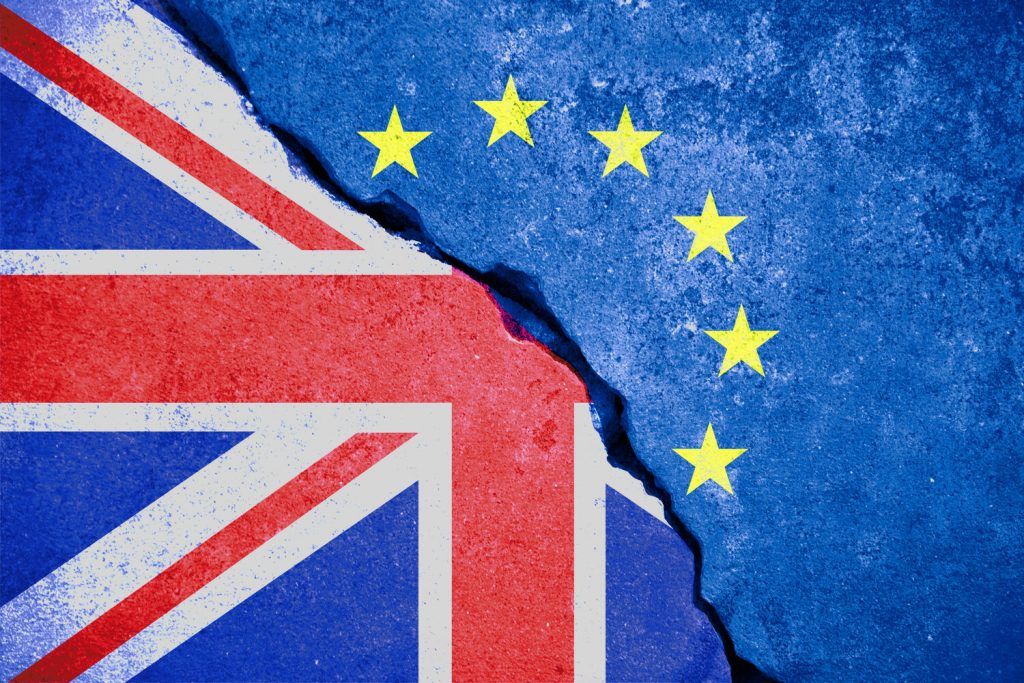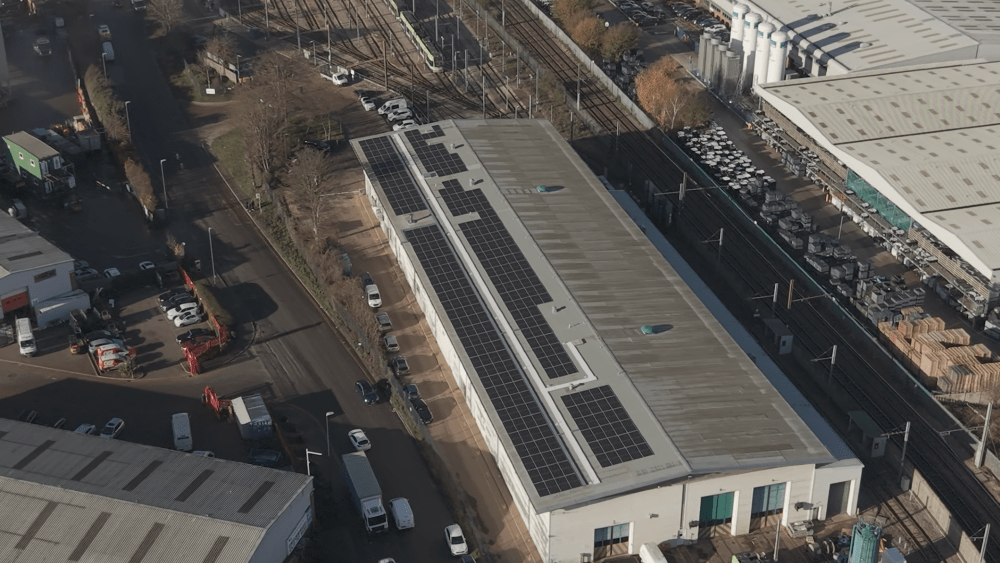Warnings have been made from the Society of Motor Manufacturers and Traders (SMMT) that a no deal Brexit could jeopardise the transition to EVs by increasing costs.
According to the SMMT, a no deal “would be the worst possible outcome” for the UK automotive industry and stall the Government’s Road to Zero plans to stop sales of ICE vehicles by 2032 at the earliest.
Costs of EVs would immediately go up as imposition of blanket tariffs under World Trade Organisation (WTO) rules would add billions to the cost of trade and the cost of building and buying electric vehicles.
A 10% no deal tariff would add at least £4.5 billion to the annual cost of fully assembled cars traded between the UK and the EU, with an average hike of £1,900 per EU-built vehicle sold in the UK.
But new analysis shows for fully electric cars fitted with expensive battery technology, the cost increase is even higher, at £2,800, effectively making the £3,000 plug-in car grant for these vehicles null and void.
Moreover, this tariff would also add some £2,000 on to the average cost of UK-built battery electric cars (BEV) exported to the EU, making products less competitive. This would further hamper the UK’s ambition to be a global leader in zero emission vehicle development, production and deployment, severely damaging industrial competitiveness, the SMMT claimed.
The challenge of the deep integration between the UK and EU automotive industries would hamper mass affordability with the SMMT estimating a no deal potentially reducing demand for pure EVs by 20% in 2021 through tariff costs alone – and before factoring-in border and supply chain disruption costs.
Double whammy
Mike Hawes, SMMT chief executive, said “Just as the automotive industry is accelerating the introduction of the latest electrified vehicles, it faces the double whammy of a coronavirus second wave and the possibility of leaving the EU without a deal. As these figures show, ‘no deal’ tariffs will put the brakes on the UK’s green recovery, hampering progress towards net zero and threatening the future of the UK industry.
“To secure a truly sustainable future, we need our government to underpin industry’s investment in electric vehicle technology by pursuing an ambitious trade deal that is free from tariffs, recognises the importance of batteries in future vehicle production and ensures consumers have choice in accessing the latest zero emission models. We urge all parties to re-engage in talks and reach agreement without delay.”
The SMMT also called on long term incentives, including full VAT exemption for all zero emission capable cars. This would drive some 1.4 million BEV sales over the next five years, with an estimated 16% market share by 2025 compared with around 5% today, it claimed.
Sustainability report
The sector’s latest annual sustainability performance report shows how manufacturers continue to make huge strides in reducing their environmental impact, introducing new, more efficient models to help fleet renewal.
Furthermore, over the past two decades the sector has reduced its annual carbon footprint by more than 1.3 million tonnes, saving 1.2 billion litres of water a year and cutting waste to landfill by -97.4%.












